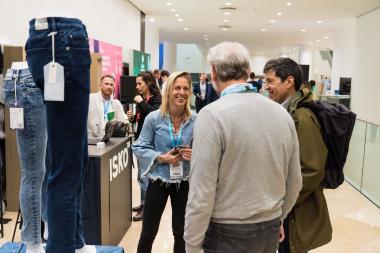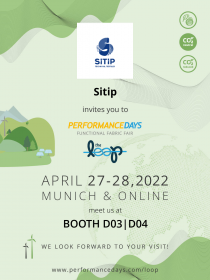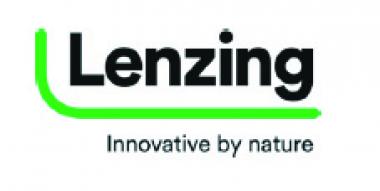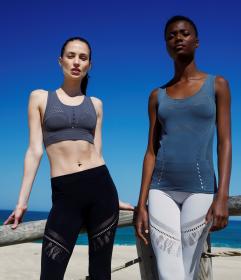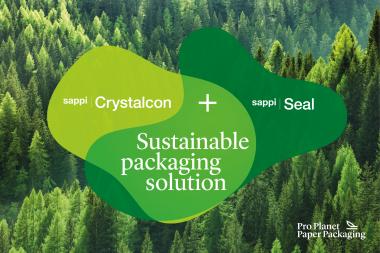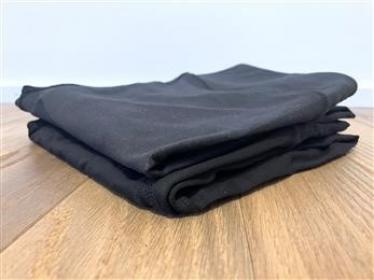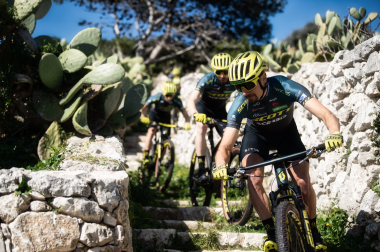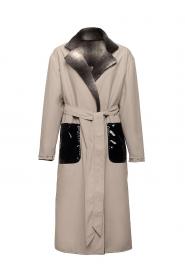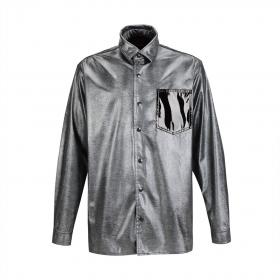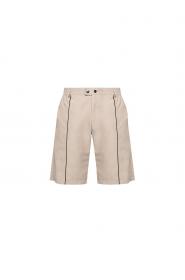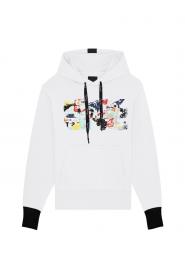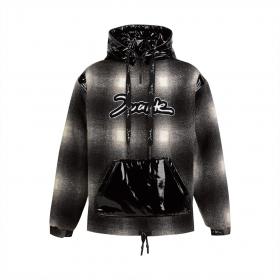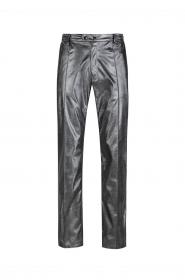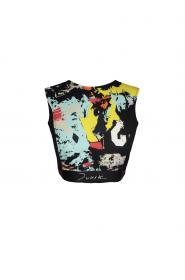adidas and Parley’s initiative "Run for the Oceans" returns for its fifth year
- adidas x Parley’s global impact initiative, Run for the Oceans, returns for its fifth year, uniting sporting communities across the planet
- More activities than ever will be eligible for Run for the Oceans, with the introduction of tennis, wheelchair movement, football and more
- People across the world can take part by signing-up to the challenge from today and logging activity between May 23 – June 8
As we approach World Oceans Day on June 8, adidas and its longstanding partner Parley for the Oceans are once again encouraging the global sporting community to turn activity into action and Run for the Oceans in 2022.
For the first time, new activities have been introduced to the challenge, making this the most inclusive Run for the Oceans yet. People from all parts of the global sporting community are invited to hit the streets, the tennis court and the football field, and unite to help protect the oceans from plastic waste. For every 10 minutes of running from select activities, such as running, tennis or football*, recorded by participants via the adidas Runtastic app, Joyrun, Codoon, Yeudongquan or Strava, Parley will clean up the equivalent weight of one plastic bottle from beaches, remote islands, and coastlines before it reaches the ocean (up to a maximum of 250,000kg).
Launching between May 23 – June 8, the event returns for its fifth year, with the ambition of mobilising a generation to help end plastic waste. Research shows that the world is at a tipping point, with it predicted that oceans will contain more plastic than fish by 2050.
Since the beginning of the partnership in 2015, adidas has made more than 50 million pairs of shoes with Parley Ocean Plastic and close to 18 million pairs in 2021 alone - this includes plastic waste intercepted from beaches and coastal communities, preventing it from polluting the oceans.
For 2022, adidas x Parley have announced the launch of Adizero X Parley and Ultraboost 22 X Parley . With a carbon footprint of just 3.5kg per pair, the Adizero X Parley is the first time adidas and Parley have combined to launch a lower footprint concept, a milestone for the partnership delivered through innovation and with no compromise on shoe performance.
From raw material interception, processing, packaging, all the way to the end of product life, adidas calculate and communicate its carbon footprint, conforming to an internationally recognized standard: ISO 14067. The footprint results made available provide full transparency on the complete lifecycle of the product.
adidas AG















